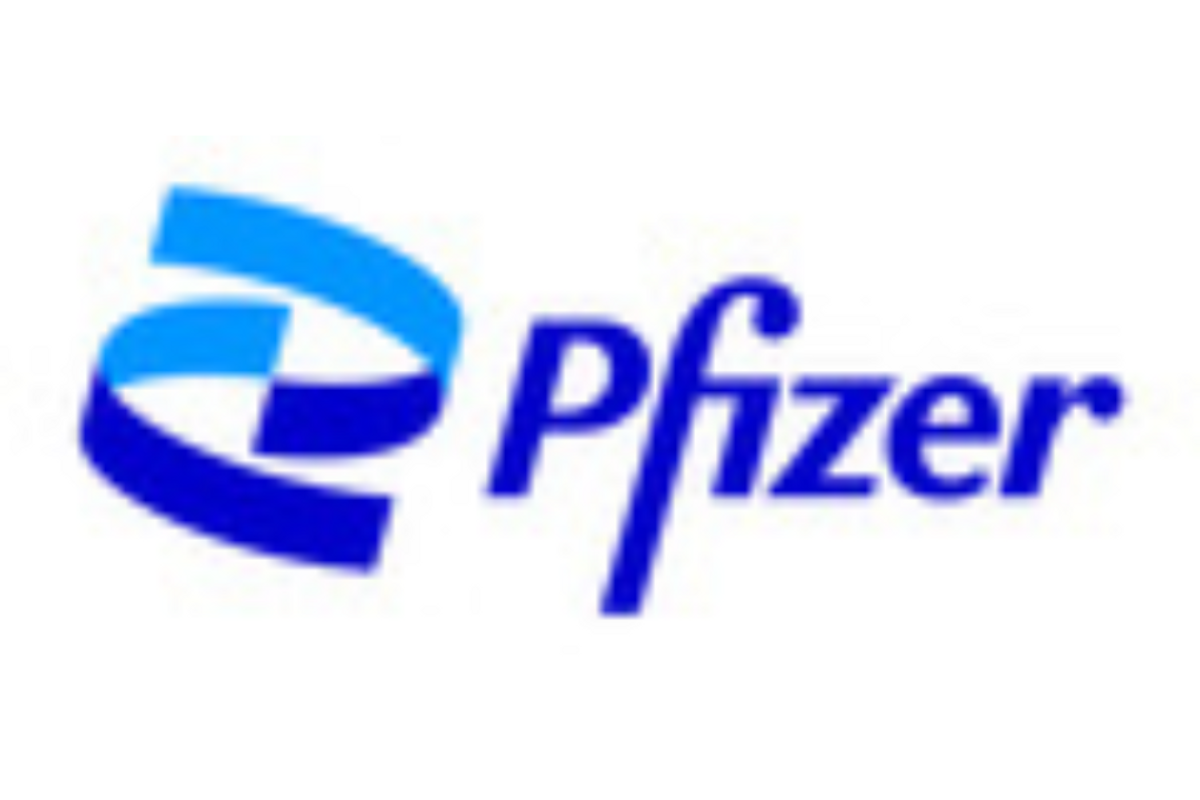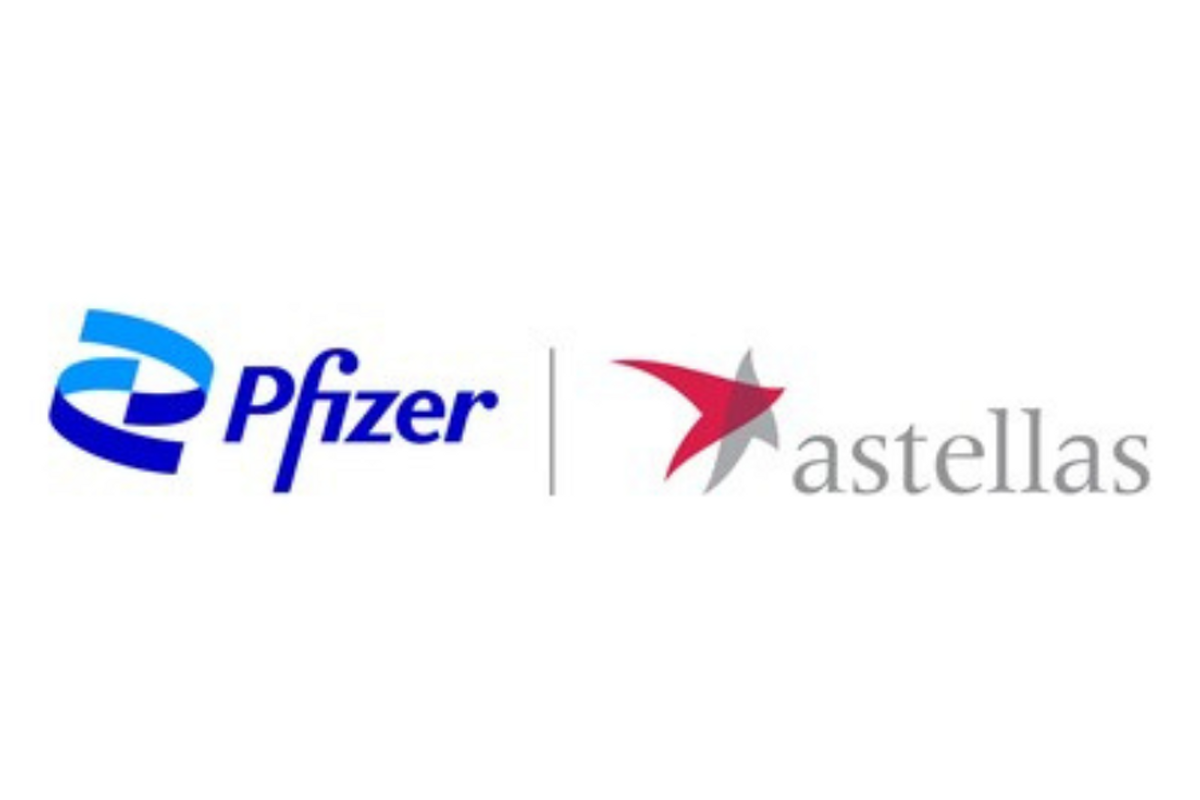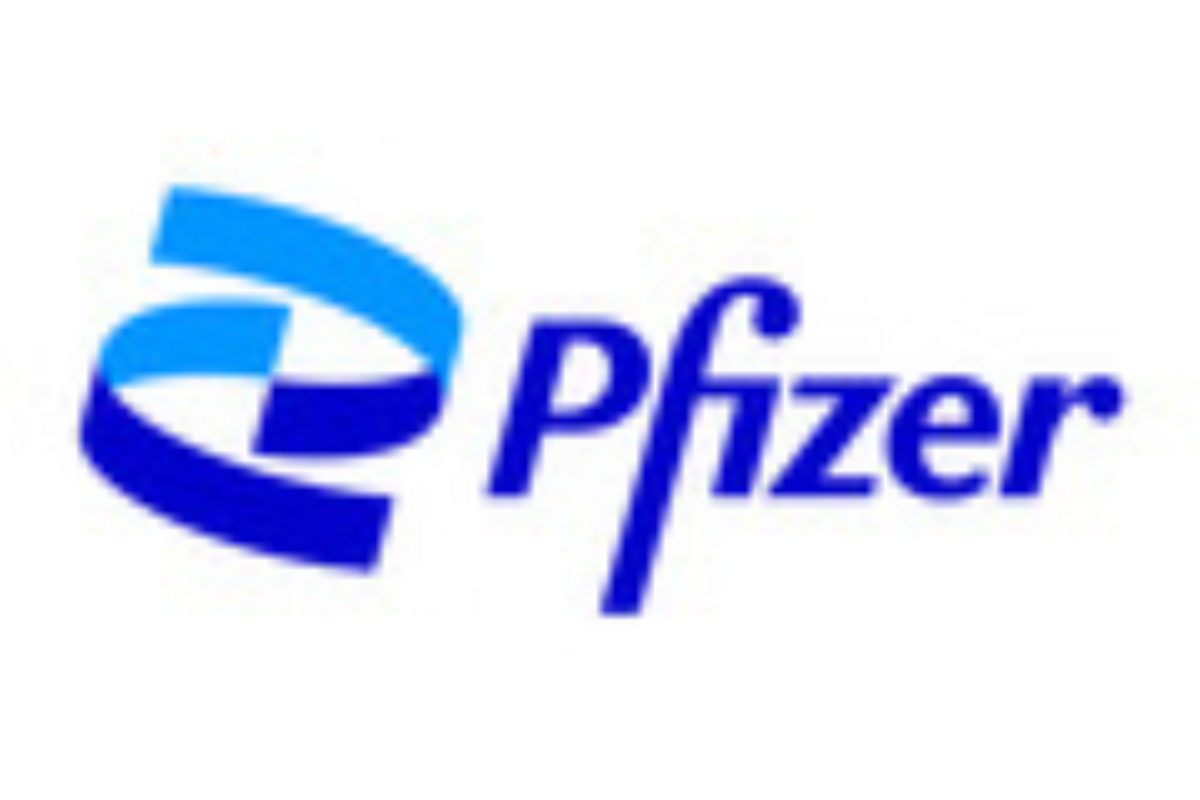Filings based on clinical data demonstrating significant scalp hair regrowth versus placebo –
Pfizer Inc. (NYSE: PFE) announced today that the U.S. Food and Drug Administration (FDA) accepted for filing the New Drug Application (NDA) for ritlecitinib for adults and adolescents 12 years of age and older with alopecia areata. The FDA is expected to make a decision in the second-quarter 2023. The European Medicines Agency (EMA) has also accepted the Marketing Authorization Application (MAA) for ritlecitinib in the same patient population with a decision anticipated in the fourth-quarter 2023. Ritlecitinib is an investigational oral once daily treatment that is the first in a new class of oral highly selective kinase inhibitors that is a dual inhibitor of the TEC family of tyrosine kinases and of Janus kinase 3 (JAK3).
Alopecia areata is an autoimmune disease that has an underlying immuno-inflammatory pathogenesis and develops when the immune system attacks the body's hair follicles, causing hair to fall out. This hair loss often occurs on the scalp, but it can also affect eyebrows, eyelashes, facial hair and other areas of the body. Alopecia areata affects approximately 6.8 million people in the U.S. and around 147 million people globally.
"Alopecia areata is an autoimmune disease that can impact people of all ages, genders, and ethnicities, often having an impact on day-to-day life that goes beyond the hair loss itself," said Michael Corbo, PhD, Chief Development Officer, Inflammation & Immunology, Pfizer Global Product Development. "We believe that ritlecitinib, if approved, will be an important new treatment option, and we are continuing to work closely with regulatory authorities to bring ritlecitinib to adults and adolescents in the U.S. and the EU."
The submissions were based on previously announced topline results from the pivotal and dose-ranging Phase 2b/3 ALLEGRO (NCT03732807) study and an ongoing Phase 3 ALLEGRO-LT (NCT04006457) open-label, long-term study. Results from the ALLEGRO Phase 2b/3 study were presented at the 2021 European Academy of Dermatology and Venereology (EADV) Congress and the 2022 American Academy of Dermatology Annual Meeting. Initial data from the ongoing ALLEGRO-LT study will be presented at the 2022 EADV Congress.
Pfizer has also completed regulatory submissions for ritlecitinib in the United Kingdom, China and Japan, and expects decisions in 2023.
About the ALLEGRO Program
The randomized, placebo-controlled, double-blind ALLEGRO Phase 2b/3 study investigated ritlecitinib in patients 12 years of age and older with alopecia areata (n=718). Patients included in the study had 50% or more scalp hair loss, as measured by the Severity of Alopecia Tool (SALT), including patients with alopecia totalis (complete scalp hair loss) and alopecia universalis (complete scalp, face, and body hair loss), and were experiencing a current episode of alopecia areata that had lasted between six months and ten years. Patients were randomized to receive once daily ritlecitinib 30 mg or 50 mg (with or without one month of initial treatment with once daily ritlecitinib 200 mg), ritlecitinib 10 mg or placebo.
In this study, statistically significantly higher proportions of patients treated with ritlecitinib 30 mg and 50 mg (with or without the loading dose) had 80% or more scalp hair coverage (SALT
More information about the ALLEGRO 2b/3 trial can be found at https://www.clinicaltrials.gov .
ALLEGRO-LT is an ongoing Phase 3 open-label, long-term study to investigate the safety and efficacy of ritlecitinib in adults with alopecia areata with 25% or greater hair loss and adolescents from 12 years of age with alopecia areata with 50% or greater hair loss.
About Alopecia Areata
Alopecia areata is an autoimmune disease that has underlying immuno-inflammatory pathogenesis and targets hair follicles, which results in hair loss. Usually, this hair loss occurs on the scalp, but it can also affect the eyebrows, eyelashes, facial hair and other areas of the body. Typically, hair is protected from immune system attacks, but in alopecia areata, that protection is lost. Although alopecia areata can happen at any age, the first signs of hair loss often occur between ages 25 and 36 and can be seen in all ages, genders and ethnicities. Most people with alopecia areata experience hair loss for the first time by age 40. The disease can have an impact on patients' day-to-day lives and can come with a significant emotional burden.
About Pfizer: Breakthroughs That Change Patients' Lives
At Pfizer, we apply science and our global resources to bring therapies to people that extend and significantly improve their lives. We strive to set the standard for quality, safety and value in the discovery, development and manufacture of health care products, including innovative medicines and vaccines. Every day, Pfizer colleagues work across developed and emerging markets to advance wellness, prevention, treatments and cures that challenge the most feared diseases of our time. Consistent with our responsibility as one of the world's premier innovative biopharmaceutical companies, we collaborate with health care providers, governments and local communities to support and expand access to reliable, affordable health care around the world. For more than 170 years, we have worked to make a difference for all who rely on us. We routinely post information that may be important to investors on our website at www.Pfizer.com . In addition, to learn more, please visit us on www.Pfizer.com and follow us on Twitter at @Pfizer and @Pfizer News , LinkedIn , YouTube and like us on Facebook .
Pfizer Disclosure Notice
The information contained in this release is as of September 9, 2022. Pfizer assumes no obligation to update forward-looking statements contained in this release as the result of new information or future events or developments.
This release contains forward-looking information about Pfizer's investigational treatment, ritlecitinib, including its potential benefits, that involves substantial risks and uncertainties that could cause actual results to differ materially from those expressed or implied by such statements. Risks and uncertainties include, among other things, the uncertainties inherent in research and development, including the ability to meet anticipated clinical endpoints, commencement and/or completion dates for our clinical trials, regulatory submission dates, regulatory approval dates and/or launch dates, as well as the possibility of unfavorable new clinical data and further analyses of existing clinical data; the risk that clinical trial data are subject to differing interpretations and assessments by regulatory authorities; whether regulatory authorities will be satisfied with the design of and results from our clinical studies; whether and when drug applications may be filed in any other jurisdictions for any potential indication for ritlecitinib; whether and when the applications for ritlecitinib pending with the FDA and EMA may be approved and whether and when any such other applications that may be pending or filed for ritlecitinib may be approved by regulatory authorities, which will depend on myriad factors, including making a determination as to whether the product's benefits outweigh its known risks and determination of the product's efficacy and, if approved, whether ritlecitinib will be commercially successful; decisions by regulatory authorities impacting labeling, manufacturing processes, safety and/or other matters that could affect the availability or commercial potential of ritlecitinib; uncertainties regarding the regulatory, commercial or other impact of the results of Janus kinase (JAK) inhibitor studies and data or actions by regulatory authorities based on analysis of such studies and data, which will depend, in part, on benefit-risk assessments and labeling determinations; uncertainties regarding the impact of COVID-19 on our business, operations, and financial results; and competitive developments.
A further description of risks and uncertainties can be found in Pfizer's Annual Report on Form 10-K for the fiscal year ended December 31, 2021 and in its subsequent reports on Form 10-Q, including in the sections thereof captioned "Risk Factors" and "Forward-Looking Information and Factors That May Affect Future Results," as well as in its subsequent reports on Form 8-K, all of which are filed with the U.S. Securities and Exchange Commission and available at www.sec.gov and www.pfizer.com .
View source version on businesswire.com: https://www.businesswire.com/news/home/20220908006121/en/
Media Relations:
+1 (212) 733-1226
PfizerMediaRelations@pfizer.com
Investor Relations:
+1 (212) 733-4848
IR@pfizer.com







